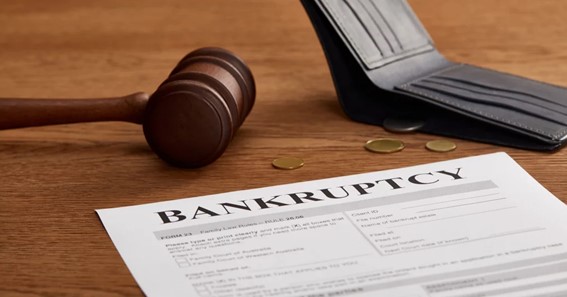When you are filing for bankruptcy, you may be worried that your future is one of losing all your most precious possessions. You may be worried about losing your home, family heirlooms, and other assets that may be included in your bankruptcy case.
But these items are not immediately up for grabs during a bankruptcy filing. Some of them may be exempt. If you are filing for bankruptcy, talk to a lawyer about what assets are exempt during your bankruptcy filing and how you can minimize what you give up.
Common Bankruptcy Exemptions
When filing for bankruptcy, whether you are filing for Chapter 7 bankruptcy or Chapter 13, the trustee should be sure that you can survive and work once your debts are forgiven or placed into a repayment plan. Because of this, certain assets can be exempt because they are essential to your continued comfort and ability to make money.
For example, a simple vehicle or home may be exempted, usually up to a certain dollar amount. Some sentimental items, like a wedding ring, may also be exempted.
However, certain luxury items may not be exempt. For example, if you own a yacht or other boat, expensive jewelry, or property besides your home, these assets may be liquidated to pay for parts of your debts.
How Do I Apply for Exemptions?
When filing for bankruptcy, you may note that you have some property eligible for an exemption. To get this exemption, however, you must file the correct paperwork. Without the proper paperwork, you may lose more of your assets and even have trouble wiping away all your debts.
You will find the information in Section C of your bankruptcy paperwork, but you may not be sure what parts of your assets are eligible for an exemption. To know for sure, talk to a bankruptcy lawyer. They can calculate the value of your assets, determine what exemptions may apply to your case, and file your paperwork accurately to get you the exemption you are due.
Click here – How Zoho Call Center Integration can Transform Your Customer Service Operations
State vs. Federal Exemptions
When filing for bankruptcy, you may have two options for exemption rules: state and federal. State laws can vary on what exemptions they provide and which will benefit you the most.
However, note that you cannot use both state and federal exemptions. You must choose one option for your case, which means you may have to decide which is best.
Fortunately, a lawyer can take care of this step. Your bankruptcy attorney can review the exemptions against your assets and determine which option would best benefit your case.
Contact an Attorney about Your Exemptions
When facing bankruptcy, you can keep many of your assets and valuables. Bankruptcy does not automatically mean repossessions and losses.
Talk to a lawyer to keep your assets and ensure you are taking advantage of exemptions. They have the tools to protect your assets and financial future. To learn more, reach out to an attorney. They can guide you through this challenging experience and ensure you get the best possible results when you file for bankruptcy.
